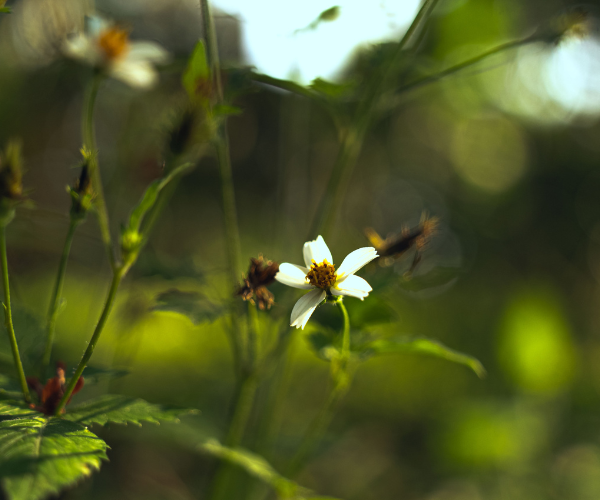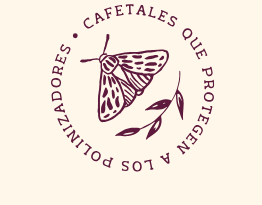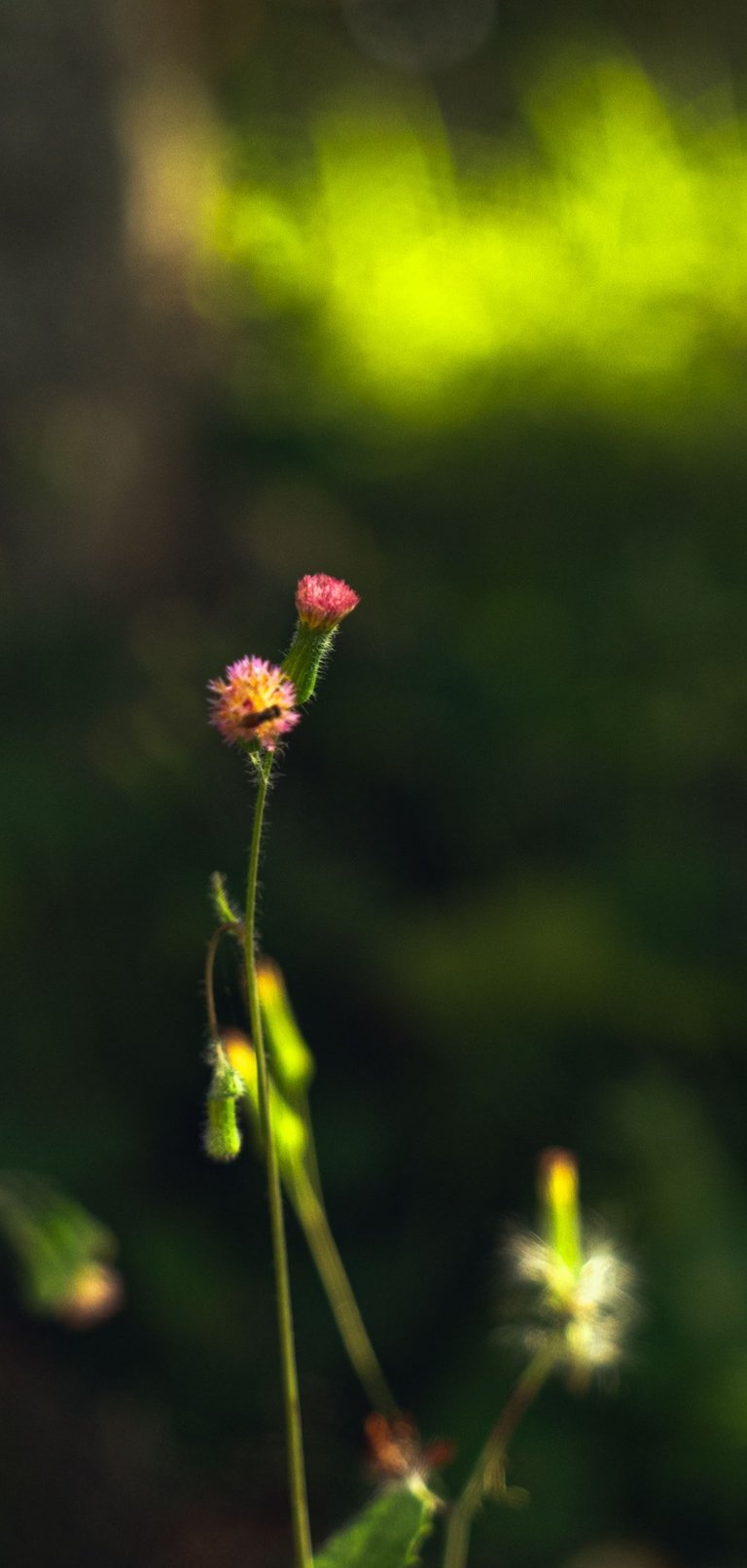PRE-ORDER PURCHASING DISCOUNTS ON BULK!!! CONTACT US HERE
COFFEE
"If bees were to disappear from the surface of the globe, man would have only four years to live: without bees, there is no pollination, no grass, no animals, no men," Albert Einstein.


'COFFEE PLANTS THAT PROMOTE BIODIVERSITY'




Did you know that 30% of the world's crop depends on natural pollination? Our bees and other pollinators are in crisis!
VARIOUS FACTORS THREATEN THEIR SURVIVALS


Loss of natural habitats: Deforestation is destroying their homes.
Climate change: Climate changes affect their living patterns.
Use of pesticides : Agricultural chemicals are dangerous for them.
Monocultures : The lack of plant diversity leaves them without sufficient food.

POLLINATOR DIVERSITY MATTERS
Why is the diversity of pollinating insects important in coffee crops?
Vibration Pollination:
Bees and other insects pollinate coffee bushes using a unique vibration method, shaking pollen from the flowers. This process increases pollen diversity and promotes gene flow, connecting different habitats.
Economic and Quality Benefits:
Increased Productivity: Bees increase the number of grains per plant. While self-pollination produces 70% flowering, open pollination achieves up to 93.5%, significantly increasing productivity (also impacting the farmer's pocketbook).
Larger, Heavier Fruit: Coffee beans pollinated by bees are larger and heavier. For example, the diameter of the cherry increases from 1.34 cm (self-pollinated) to 1.60 cm (open-pollinated).
Better Flavor and Aroma: Open pollination improves bean quality, increasing sugar concentration and enhancing the flavor and aroma of the coffee.
Conservation and Sustainability:
Protecting Native Bees: Coffee growers can increase bee diversity by planting different types of shade trees and flowering plants. This not only improves pollination but also conserves these valuable pollinators.
Biodiversity Reservoirs: Enhanced genetic diversity in coffee plantations can turn them into reservoirs for future forest regeneration.
SOLUTIONS
At Mesa Baja, we value collaboration as a fundamental pillar of our philosophy. Therefore, we have formed a partnership with the SUDUS floral corridors project to implement these practices in our allied crops. Floral corridors create healthy and diverse habitats for pollinators, providing a safe and nutrient-rich environment that promotes the well-being and survival of bees and other pollinators. By reducing pesticide use and promoting biodiversity, we not only protect pollinators but also improve soil health and the resilience of coffee plants





